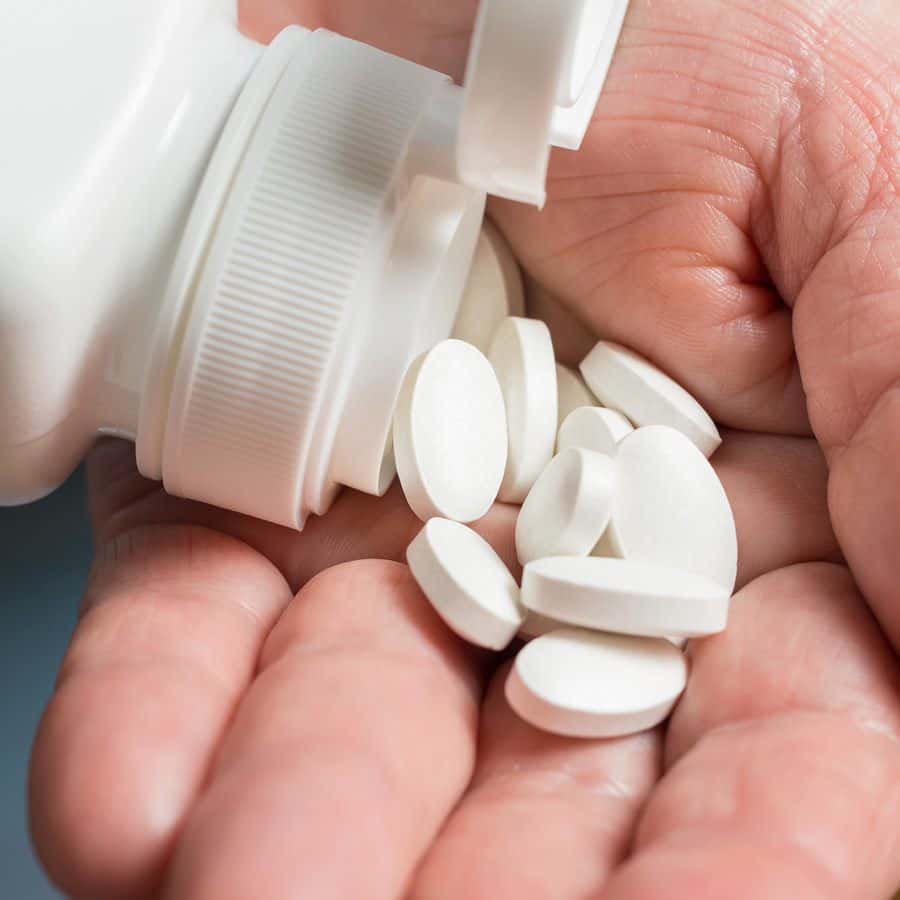
According to the Dietary Supplement Health and Education Act (DSHEA) of 1994, supplement manufacturers are supposed to be transparent. In theory, they tell the Food and Drug Administration whenever they include a new ingredient in a product. A new report suggests that many manufacturers have skipped that step. In fact, experts estimate that approximately 3,400 ingredients have entered the market without FDA notification. As a result, there may be compounds in your dietary supplements that the FDA knows nothing about. Previous reports have revealed that some contain drugs. Currently, however, regulators are paying attention to a range of compounds.
Makers and FDA Tussle Over Ingredient Disclosure:
This revelation has led to plenty of finger-pointing. The agency blames the manufacturers for not doing what they should. The makers, in turn, say the fault lies with the FDA. Dr. Pieter Cohen, head of the Supplement Research Program at the Cambridge Health Alliance, says this is an indictment of both the FDA and the manufacturers. Although there is a bill before Congress (the Dietary Supplement Listing Act of 2022), Dr. Cohen considers it a waste of taxpayer money. In his opinion, it merely duplicates existing database requirements. The FDA would have more trouble enforcing the law.
How Will the FDA Oversee Your Dietary Supplements?
You might feel better if the FDA leaped into action to enforce compliance. However, it appears the agency is too large and ungainly to leap quickly. Instead, the FDA says supplement makers will have a six-month grace period to submit their ingredient reports without penalties.
Some makers object that the FDA has not provided clear guidelines on what information must be submitted and exactly how to do so. The agency has offered draft guidelines twice before, once in 2011 and once in 2016, but manufacturers objected to them. It now says it will offer final guidance before the end of this year.
Can You Trust Your Dietary Supplements?
The FDA’s lax oversight of dietary supplements means that some do not contain what they claim. One organization (ConsumerLab.com) that does independent testing of supplements has found numerous lapses. For example, many samples of red yeast rice did not contain the listed amount. Some contained none at all. (Red yeast rice is a natural product that contains lovastatin and related compounds that can lower cholesterol.) Others contained unacceptably high levels of a potentially toxic contaminant, citrinin. Unfortunately, the FDA is not likely to undertake such testing to ensure that your dietary supplements are safe.

